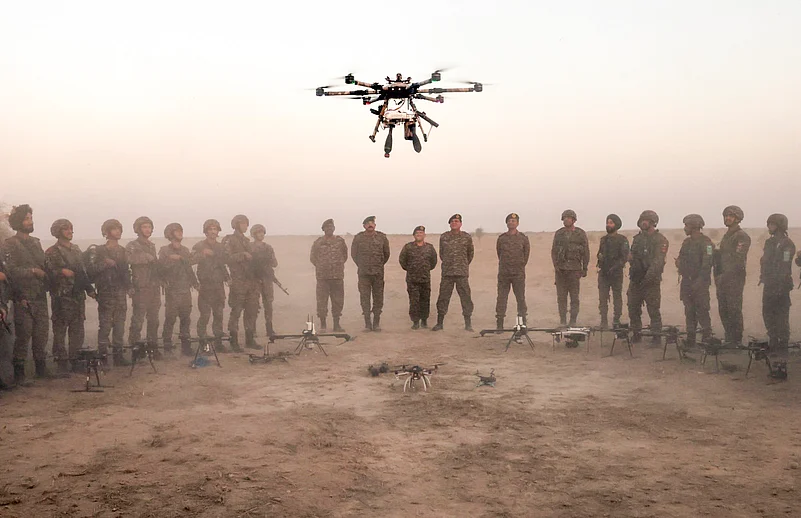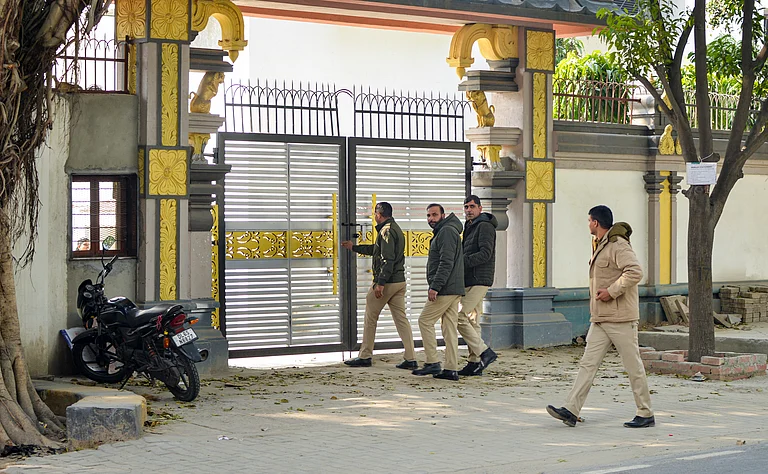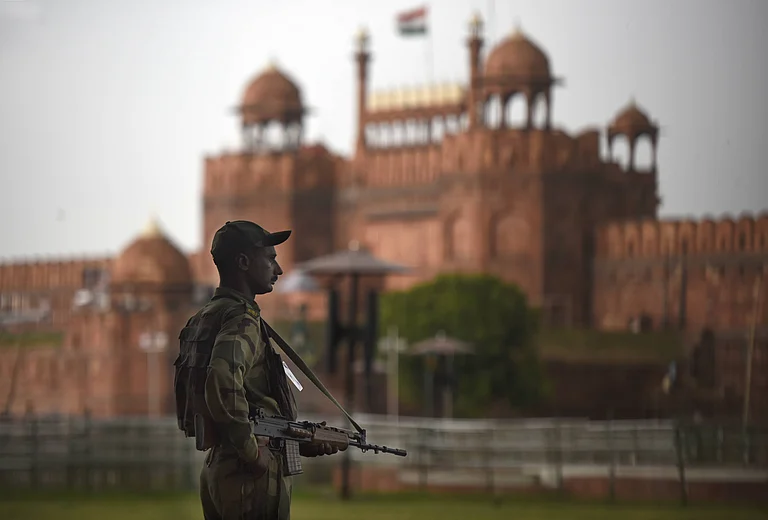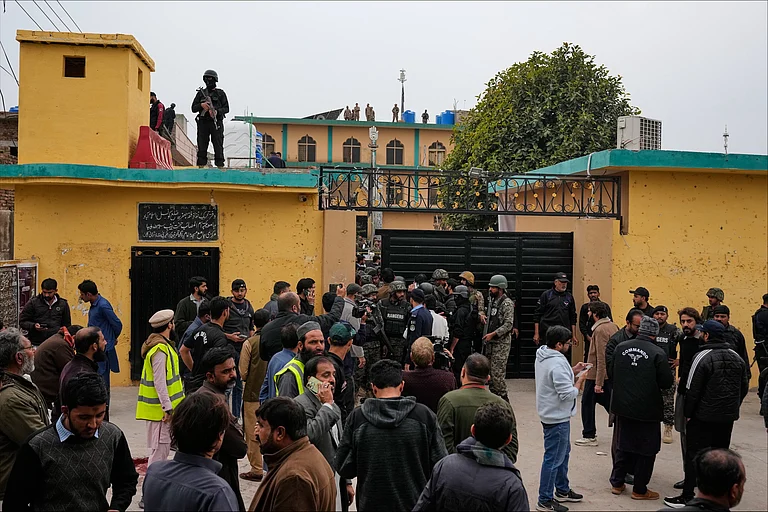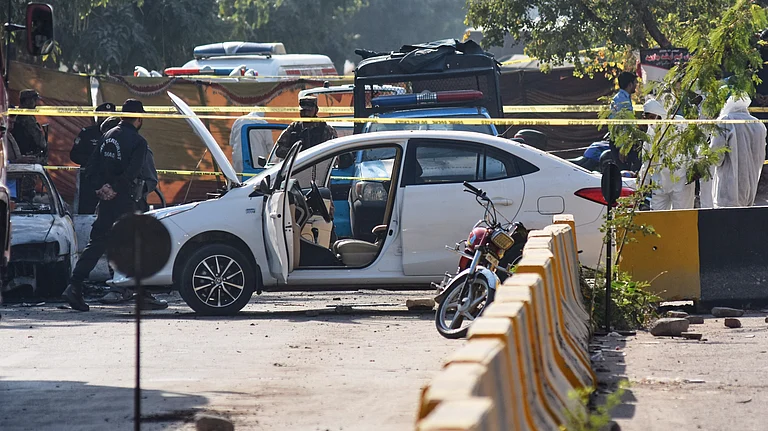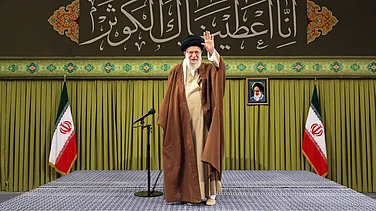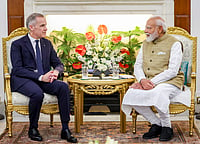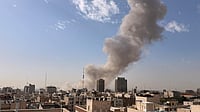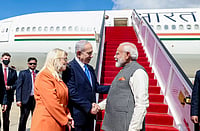
Summary of this article
Islamabad blames New Delhi, while India has refrained from directly accusing Pakistan as investigations indicate possible links to Kashmir, Al-Qaeda, and multiple regions.
Coordinated bombings in Delhi, Islamabad and Khyber Pakhtunkhwa have exposed escalating terror threats across the India–Pakistan frontier.
Shifting regional dynamics, including Taliban–India engagement and political change in Bangladesh, may embolden militant networks.
This week deadly attacks on both sides of the India–Pakistan border have revived old suspicions and exposed new security concerns in South Asia.
It began on Monday with a car explosion in the Red Fort area in Delhi just before 7pm, during the evening rush. Thirteen people died and several injured. India has vowed to track down and punish “each and every killer”.
That very evening in a military college in the WANA area of Pakistan, near the Afghanistan border, a suicide bomber rammed an explosive-laden car into the main gate of the campus. Four others tried to breach the wall and get inside. Over 650 cadets and staff were inside. The security forces succeeded in thwarting the attack and securing the campus.
On Tuesday, a suicide attack in front of the Islamabad District Court claimed 12 lives, including several lawyers. The Jamaa-ul-Ahrar, a splinter group of the Pakistan Taliban, Pakistan Taliban, claimed responsibility. TTP has distanced itself from the strike. At least 30 were injured, with some in critical condition. The attack was the first major strike in Islamabad, the capital city, since 2022, indicating that terrorists are getting bolder by the day. On Tuesday, another bomb in Dera Ismail Khan, Khyber Pakhtunkhwa, injured at least 14 security personnel.
The twin blasts quickly turned political. Pakistan’s Prime Minister Shehbaz Sharif pointed a finger at Kabul and New Delhi and accused “Indian proxies” for both incidents. “Both attacks are the worst examples of Indian state terrorism in the region. It is time for the world to condemn such nefarious conspiracies of India,” Sharif said. Defence Minister Khawaja Asif, meanwhile, claimed on Tuesday night that the attacks were orchestrated from Afghanistan, at the behest of India.
Unlike in the past, India has so far resisted blaming Pakistan. The investigations are ongoing, and Delhi is waiting for fresh evidence before coming to a conclusion. For a while there was talk of the Jaish-e-Mohammed instigating the attack. But now the finger is pointing to Al Qaeda getting into the act. Nothing is clear so far about who would be behind Monday’s attack. Indications are that the plot was hatched in Kashmir’s Pulwama district and stretched to Haryana’s Faridabad district. The full picture is not available. But if investigations were to prove that it was a terror strike planned from Pakistan, the government would have to take action. India had made it clear that Operation Sindoor is on pause, and would be activated if Pakistan allows a repeat of Pahalgam.
But the near-simultaneous incidents have injected fresh volatility into the region, which saw a four-day air war between arch enemies India and Pakistan in May. It is not clear yet whether this is an indication of a dangerous resurgence of cross-border terror or a new phase of proxy confrontation playing out.
Some analysts believe that terrorism is likely to escalate in India due to the changing geo-political situation in the region. With Sheikh Hasina out of power in neighbouring Bangladesh, the various Islamic groups traditionally hostile to India are sprouting. Pakistan and Bangladesh ties are flourishing under the current dispensation. The nightmare scenario of terror outfits operating from both India’s eastern and western borders is again becoming a reality. When Sheikh Hasina was in control, she was tough on all fundamentalist groups and ensured they did not harm Indian interests. That guarantee is no longer available.
“Pakistan today is in a sweet spot internationally,” says Ajai Sahni, executive director of the Institute for Conflict Management and the South Asia Terrorism Portal. “Pakistan is emboldened today thanks to the support not just of China but of US President Donald Trump,” he adds. “Under these circumstances, Pakistan can turn on the terror tap against India if it so chooses without fear of any major international backlash.” He therefore assumes that terrorist strikes from groups in both Pakistan and Bangladesh could escalate.
Since Operation Sindoor, Pakistan’s army chief Asim Munir is riding on a high. He is now trying to change the country’s Constitution by bringing in the 27th Amendment that would give him absolute power. It is well known that the military has always called the shots in Pakistan, but now he wants a permanent endorsement of the army chief’s position through the constitution. The amendment has not yet been passed, but it would give the Field Marshal unbridled power to do as he pleases.
The growing engagement between India and Afghanistan’s Taliban rulers is a matter of grave concern for Islamabad. Pakistan, the country that had created the Taliban and supported it all through, was delighted when they came back to power in August 2021. A pro-Pakistan government ruling Kabul was exactly what Pakistan’s army had planned. But the Taliban’s refusal to act against the TTP, which is ideologically allied to the group, has soured ties between the former close allies.
The Taliban’s growing closeness to India is a major concern for Pakistan. India was one of the few world powers that did not engage with the Taliban, regarding the group as a Pakistan proxy. However, ties between India and the Taliban are gathering momentum, with Foreign Minister Amir Khan Muttaqi also visiting India.



